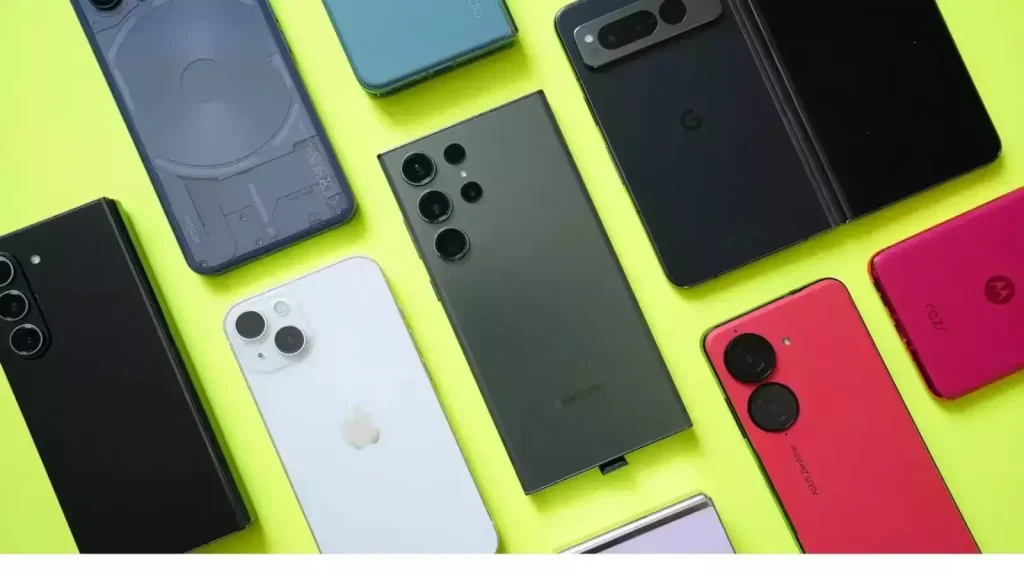Africa’s tech landscape is booming, with homegrown smartphone brands challenging global giants like Apple and Samsung. These companies prioritize affordable, durable devices tailored to African needs, fostering jobs and skills.
Key Players
Several African brands are making waves in the smartphone market, blending local innovation with global components. Here are the leaders:
Mara Phones (Rwanda/South Africa)
Launched by Ashish J. Thakkar, Mara Phones operates factories in Rwanda and South Africa. Its Mara X and Z models, introduced in 2018, emphasize local assembly, creating jobs and symbolizing Africa’s tech ambitions.
Afrione (Nigeria)
Since 2016, Afrione has assembled smartphones and tablets in Lagos. With research labs in Nigeria, it drives innovation and employment in Africa’s largest economy, focusing on affordable devices.
SICO Technology (Egypt)
Established in 2003, SICO launched Egypt’s first smartphone, Nile X, in 2017. Based in Cairo, it produces budget-friendly phones for African and Middle Eastern markets, incorporating some local components.
RLG Communications (Ghana)
Founded by Roland Agambire, RLG began with repairs before assembling smartphones and laptops. Despite challenges, its Ghana facilities and ICT training programs boost West Africa’s tech ecosystem.
VMK (Congo-Brazzaville)
Vérone Mankou’s VMK, started in 2009, launched the Elikia smartphone. While partly produced in China, its affordable devices, like the Elikia Moké 2, cater to Central African markets.
Mi-Fone (Mauritius)
Since 2008, Alpesh Patel’s Mi-Fone has designed budget-friendly, dual-SIM phones for African consumers. Though manufactured abroad, its focus on local needs makes it a pioneer.
Local Impact
These brands create jobs, train workers, and strengthen Africa’s tech sector, despite relying on imported chips and displays. Their devices meet local demands for affordability and durability.
Why It Matters
African smartphone brands signal the continent’s growing tech independence, reducing reliance on global manufacturers and driving economic growth through innovation.
What’s Next
In 2025, these companies aim to expand production and local content, further embedding technology manufacturing in Africa’s economic future.
U.S. Embassy in Nigeria Suspends Social Media Updates Amid Government Shutdown







